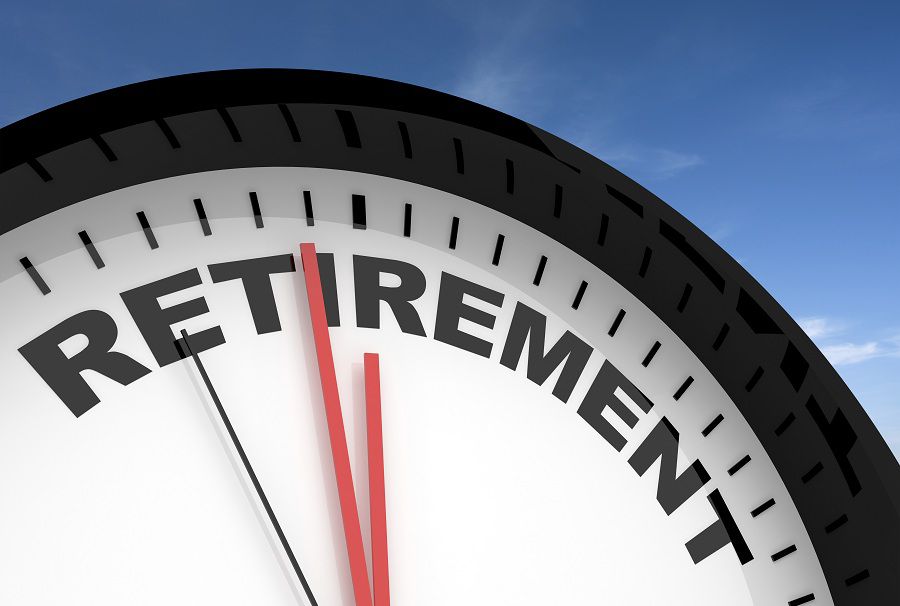5 Potential Retirement Obstacles

Whether you’ve been working hard for 30 years or are just three months into your first job, it’s always wise to plan ahead for retirement. After all, one day you will close the chapter on your career and start the next adventure. But what you get out of tomorrow depends on what you put into it today — and how you handle any bumps along the way.
So, while you’re keeping one eye on that retirement prize, make sure to keep the other on the lookout for pitfalls, like:
- Short-sighted savings
- Career interruptions
- Illness or injury
- Debt
- Unexpected life demands
Here’s a look at how to possibly prepare for these situations.
- Short-Sighted Savings -This is where proper planning plays a big part. Savings take time to grow, so you may wish to consider saving and investing early to take advantage of compound interest and long-term stock gains if the U.S. stock markets continue their historical upward trend.1 Also be sure to consider multiple avenues for your savings dollar, including:
- 401(k) ― Employer-sponsored 401(k) plans can often be a good way to invest in your future. Many employer-sponsored plans also offer a matching contribution feature. 401(k) plans typically enable you to make contributions out of your paycheck on a pre-tax basis, so you can defer taxation on your income while growing your retirement savings on a tax-deferred basis.
- Individual Retirement Account (IRA) ― Many smaller employers offer an IRA option, or you can open your own IRA.
- Personal Savings ― Many banks offer automatic withdrawals from a direct deposit paycheck into a savings account. Interest rates are a lot higher now than they have been in recent years.
So how much money do you need to save for retirement? Well, the answer is different for everyone. Individual risk tolerance goes a long way in determining how — and how much — to save. Talk to a financial professional to develop a savings strategy tailored for you and your specific circumstances.
2. Career Interruptions
In today’s economy, you can never be sure of your job stability — or of your ability to quickly find a new job. That’s why many believe it’s critical to maintain an emergency fund to cover 6-12 months of living expenses like rent or mortgage and groceries.
If you withdraw money from your retirement savings, especially a qualified retirement plan, you may incur tax penalties on the withdrawals (depending on your circumstances) while also cutting into the account’s value over time.
3. Unforeseen Illness or Injury
According to the Social Security Administration, about one in four 20 year-olds working today will become disabled before they retire. It’s a startling statistic with serious consequences. If you get sick or hurt and have to go on long-term disability, your employer may have the right to terminate your position — and with it, your ability to continue contributing to your 401(k). This can potentially have a considerable impact on your retirement savings.
Many people who become too sick or hurt to work are forced to tap into their retirement savings to meet the expenses of everyday life. A disability income insurance policy not only helps replace a portion of your income when a disability occurs, but it can also be designed to help you continue saving for retirement.
4. Debt
From credit cards to home loans to paying off college education, debt has the potential to derail your retirement plans. When not properly managed, it may lead to low credit scores, depletion of your retirement savings, or even bankruptcy. Unmanaged debt may also make achieving your foundation of retirement planning more difficult and potentially more expensive. The key is to pay down debt while properly balancing it with your other financial priorities.
5. Life Events
You can save early and save often for retirement, but something may happen that puts that savings at risk. Maybe your daughter’s college scholarship falls through. Or your home value unexpectedly declines when you are ready to sell. At that point, you can either toss up your hands and say “That’s life!” (and it certainly is), or you can be thankful you prepared for this obstacle.
Consider planning for the unexpected with a life insurance policy that builds cash value. Of course, one of the most important parts of life insurance is the death benefit, which protects your loved ones by providing a financial benefit when you die. But, instead of digging into your retirement savings to pay for unforeseen expenses, you may be able to access the cash value in the life insurance policy to cover some of these costs.3 Or, later in life you may use your cash value to supplement a shortfall in your retirement income.
Taking the steps ahead of time to prepare for potential and real obstacles can help you enjoy life’s next adventure — retirement.
